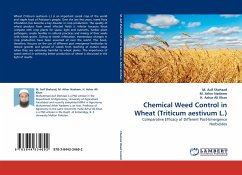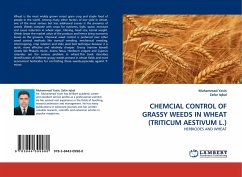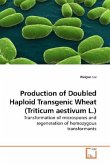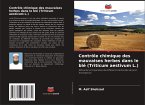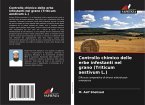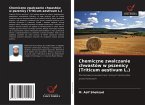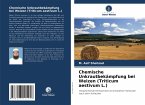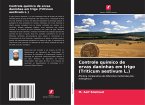Wheat (Triticum aestivum L.) is an important cereal crop of the world and staple food of Pakistan's people. Over the last few years, weed flora infestation has become a key disaster in crop production. The quality of wheat produce from weed infected fields is inferior because these compete with crop plants for space, light and nutrients, harbor plant pathogens, create hurdles in cultural practices and mixing of their seeds with wheat grains. Owing to weeds infestation, tremendous changes in crop production have been assumed all over the world. This book, therefore, focuses on the use of different post emergence herbicides to reduce growth and spread of weeds from reaching at mature stage when they are extremely harmful to wheat plants. The importance of weed control in achieving better production of wheat is discussed in the light of results.
Bitte wählen Sie Ihr Anliegen aus.
Rechnungen
Retourenschein anfordern
Bestellstatus
Storno

